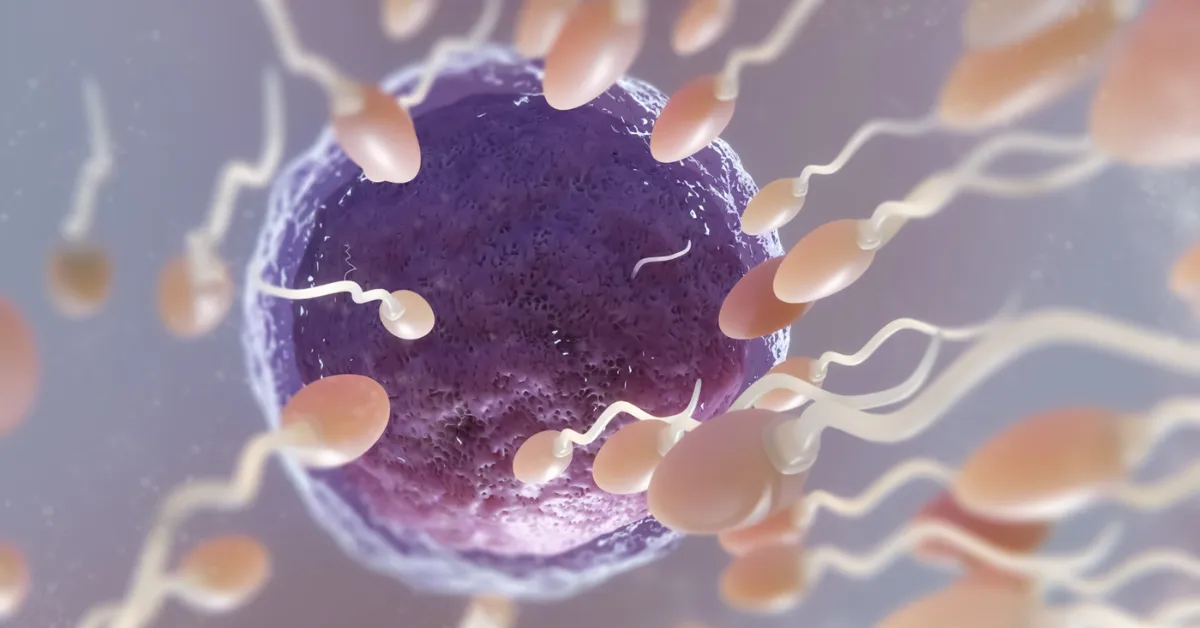
Safety Rate
Testicular Sperm Aspiration (TESA) is a surgical sperm retrieval technique designed for men with infertility issues. The procedure involves using a fine needle to aspirate sperm directly from the testicle, bypassing any blockage or issue in the reproductive tract that may prevent sperm from being present in the ejaculate.
TESA is commonly used in cases of azoospermia, where there is no sperm in the semen. This can occur due to either a blockage in the male reproductive system or because the testes are not producing sperm (non-obstructive azoospermia). In these cases, TESA provides a way to collect sperm directly from the testes to use in advanced fertility treatments like IVF or ICSI.
The TESA procedure typically involves the following steps:
TESA is typically recommended for men who are experiencing infertility due to one of the following conditions:
Like any medical procedure, TESA has some potential risks and side effects. These may include:
The success rate of TESA treatment depends on several factors, including the underlying cause of infertility, the health of the testes, and the quality of the sperm retrieved. In general, TESA is more successful in cases of obstructive azoospermia (blockage of the sperm ducts) than in non-obstructive azoospermia (where the testes do not produce sperm). However, even in cases of non-obstructive azoospermia, TESA can still be successful in retrieving sperm.
The cost of TESA treatment in Chennai varies based on several factors, including the clinic or hospital, the complexity of the procedure, and additional fertility treatments such as IVF or ICSI. Typically, the cost of the procedure can range from INR 30,000 to INR 60,000, with additional costs for sperm storage, fertilization, and embryo transfer. It is important to consult with a fertility specialist to get an accurate estimate based on individual needs.
TESA (Testicular Sperm Aspiration) offers a promising solution for men with infertility issues, particularly those with azoospermia. Whether due to blockages or the absence of sperm production, TESA allows for the retrieval of sperm directly from the testicles and opens the door for advanced fertility treatments like IVF and ICSI. In Chennai, TESA has become an essential part of the fertility treatment landscape, providing hope for many couples seeking to start or expand their families. If you are considering TESA, consult with a fertility specialist to understand if it's the right option for your specific needs.
Meet our experienced team of anaesthesiologists dedicated to your safety and comfort
Take the first step toward parenthood. Book an appointment with our IVF team to receive expert guidance, emotional support, and advanced fertility solutions designed just for you.
TESA is a relatively quick procedure that typically takes about 30 minutes to an hour. It is performed under local anesthesia, so the patient remains awake during the procedure.
The TESA procedure is generally not painful as it is performed under local anesthesia. After the procedure, some mild discomfort or swelling may occur, but it usually resolves within a few days.
The success rate of TESA depends on the underlying cause of infertility. For men with obstructive azoospermia, the success rate is typically higher. For non-obstructive azoospermia, the success rate can vary, but sperm retrieval is still possible in many cases.